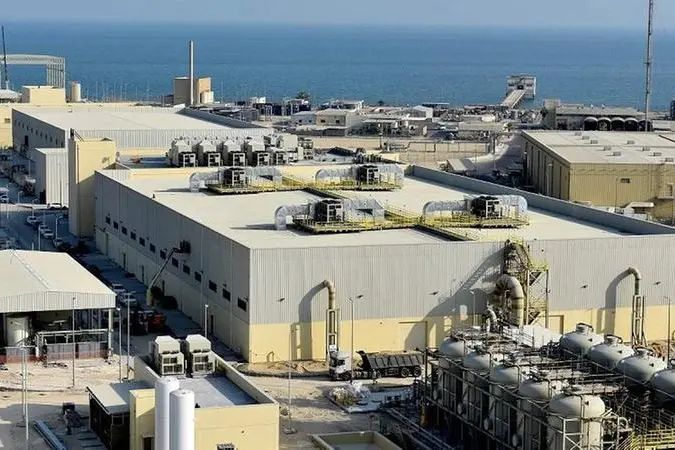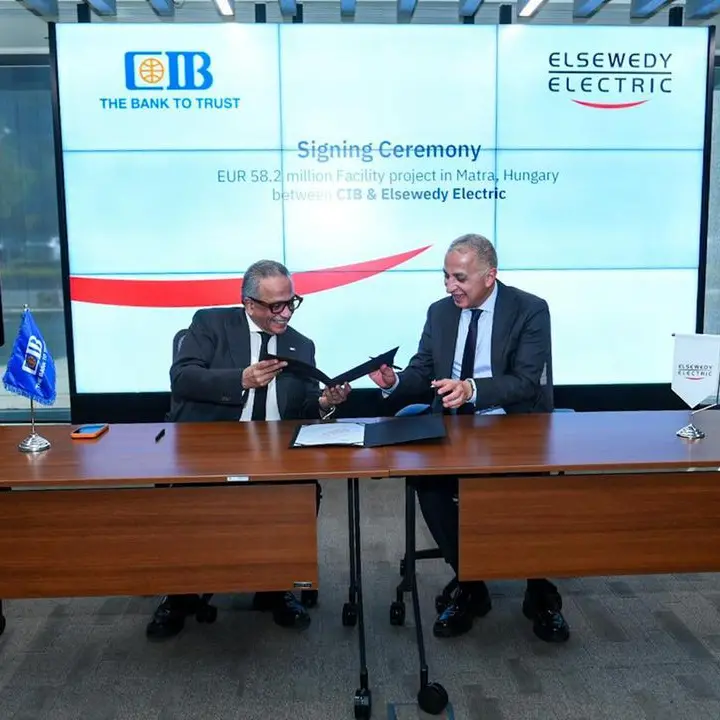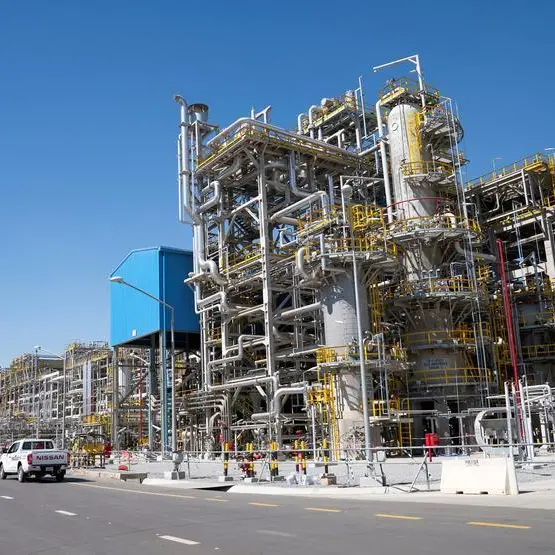PHOTO
Saudi Arabia’s National Transformation Programme (NTP) is enhancing desalinated water resources and increasing the production capacity of the state-owned Saline Water Conversion Corporation (SWCC) to boost efficiency, performance and local content capabilities, according to the latest NTP report.
Joint efforts between 2017 and 2022 resulted in a 35% increase in SWCC's capacity to 6.2 million cubic metres (m3/day) in 2022, making it the world leader in production capacity, energy consumption, innovation, and research, NTP said in its 2022 annual report, which highlights the progress toward achieving Vision 2030 goals. SWCC's Al Shuaiba Plant 4, with a production capacity of more than 400,000 m3/day of desalinated water, uses nanotechnology to extract magnesium and inject it into water.
The SWCC has also completed several Water Transmission Networks in 2022, including the Rabigh-Jeddah-Mecca project that supplies more than 1.3 million m3/day of desalinated water to the western region, the Jubail-Riyadh phase 3 project with a capacity of over 1.2 million m3/day supplying to the Riyadh region, the Shuqaiq-Abha project that transmits over 550,000 m3/day of desalinated water to multiple cities, provinces, and centres in the Asir region, the Arafat-Taif project with a network capacity of over 176,000 m3/day, and the Taif-Turba-Ranyah-Khurma project with a capacity of over 156,000 m3/day.
Furthermore, SWCC constructed and launched several water-storage units throughout Saudi Arabia to increase storage capacity and ensure the security of the water supply. The design capacity of a single water storage tank is 700,000 m3/day, resulting in a total storage capacity of 21 million m3 of water.
The NTP has also supported the National Water Company (NWC) in improving water services and transmission infrastructure, resulting in over a million new beneficiaries receiving water. The NWC has constructed 1,085 km of water network, increased purification plant capacity by 63,400 m3/day, and improved storage tank capacity by 523,950 m3/day, according to the report.
(Writing by D Madhura; Editing by Anoop Menon)





















